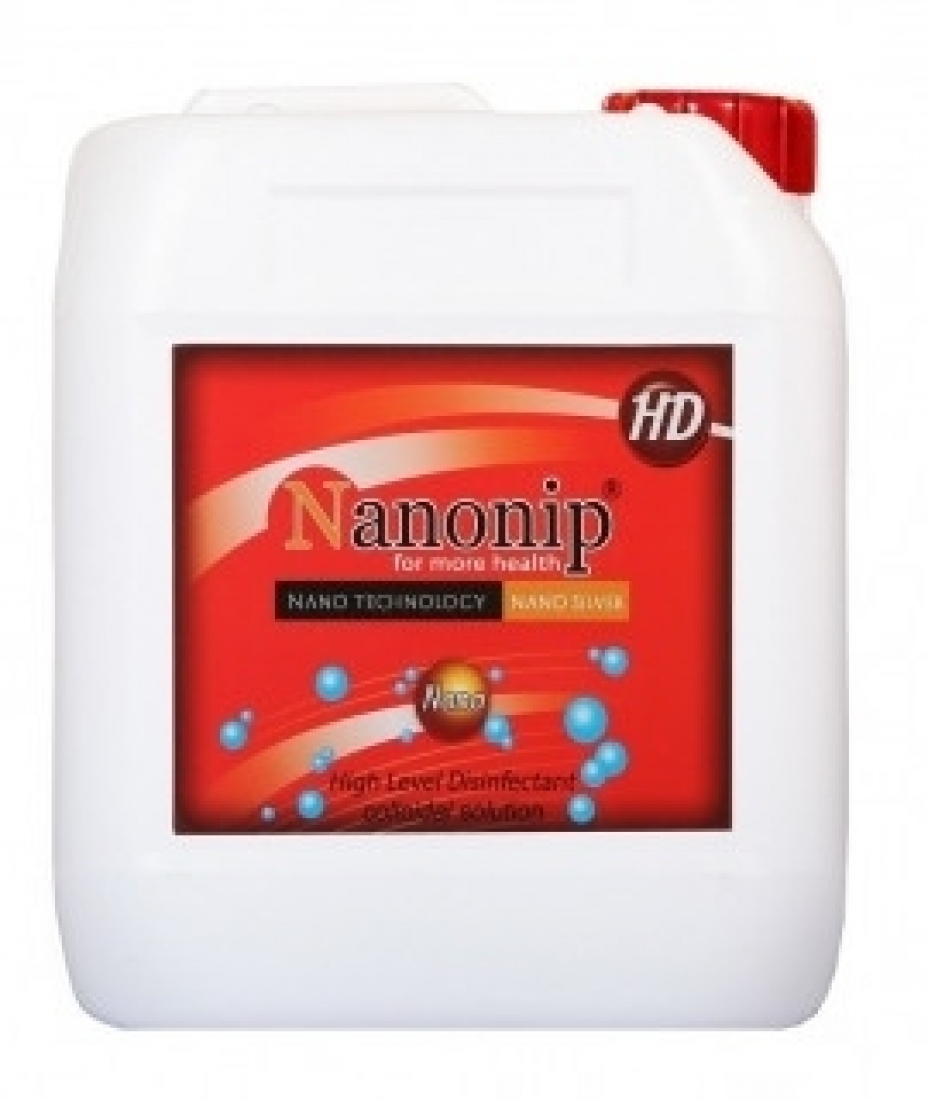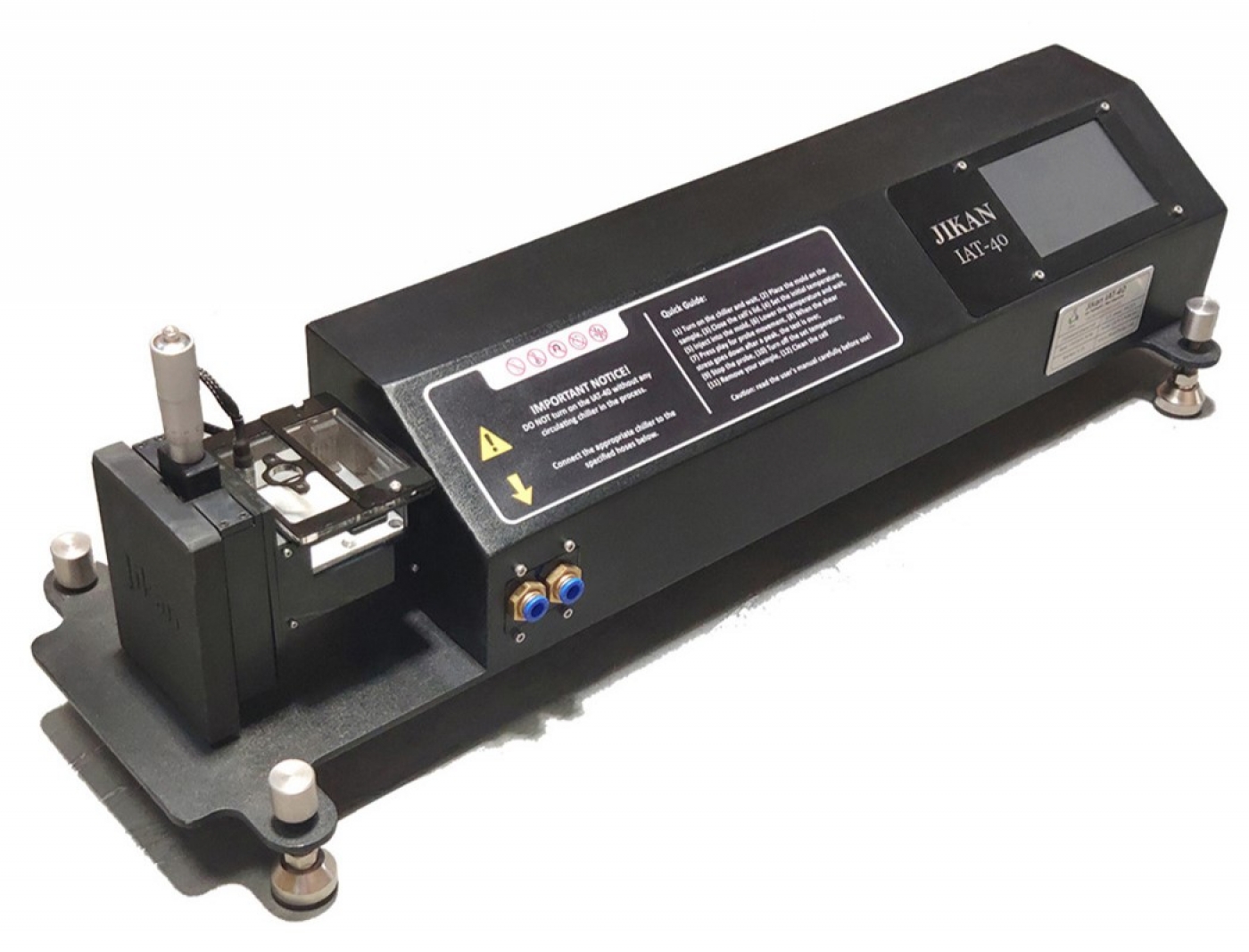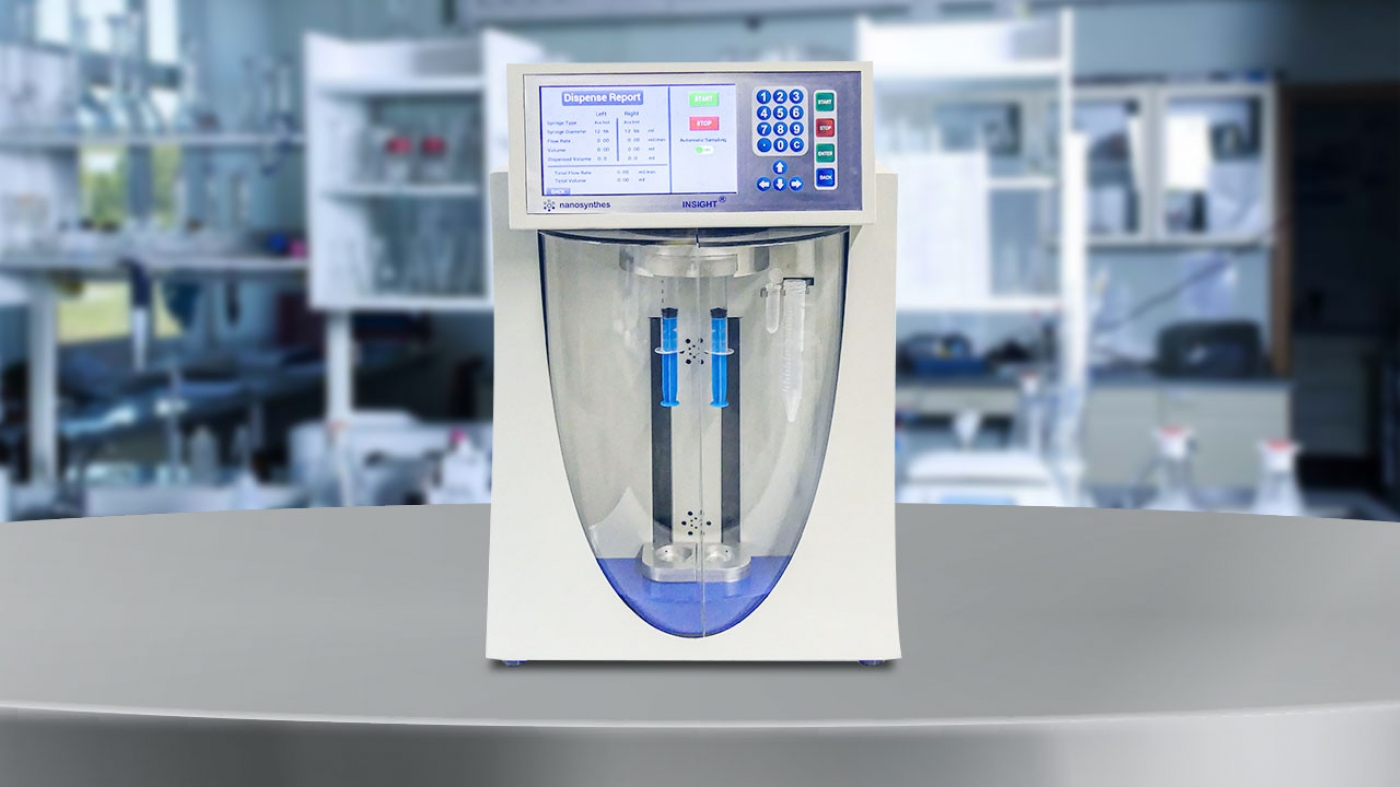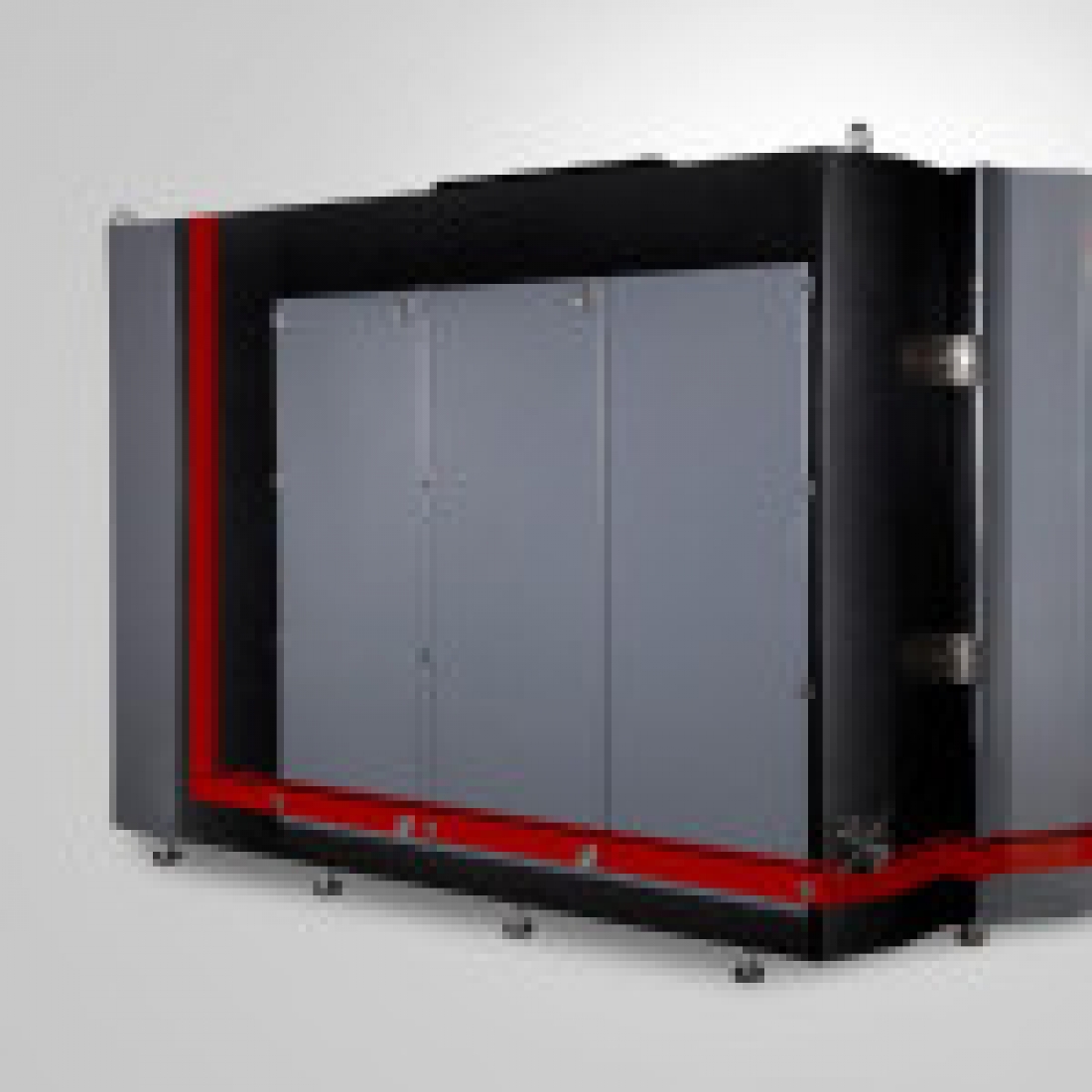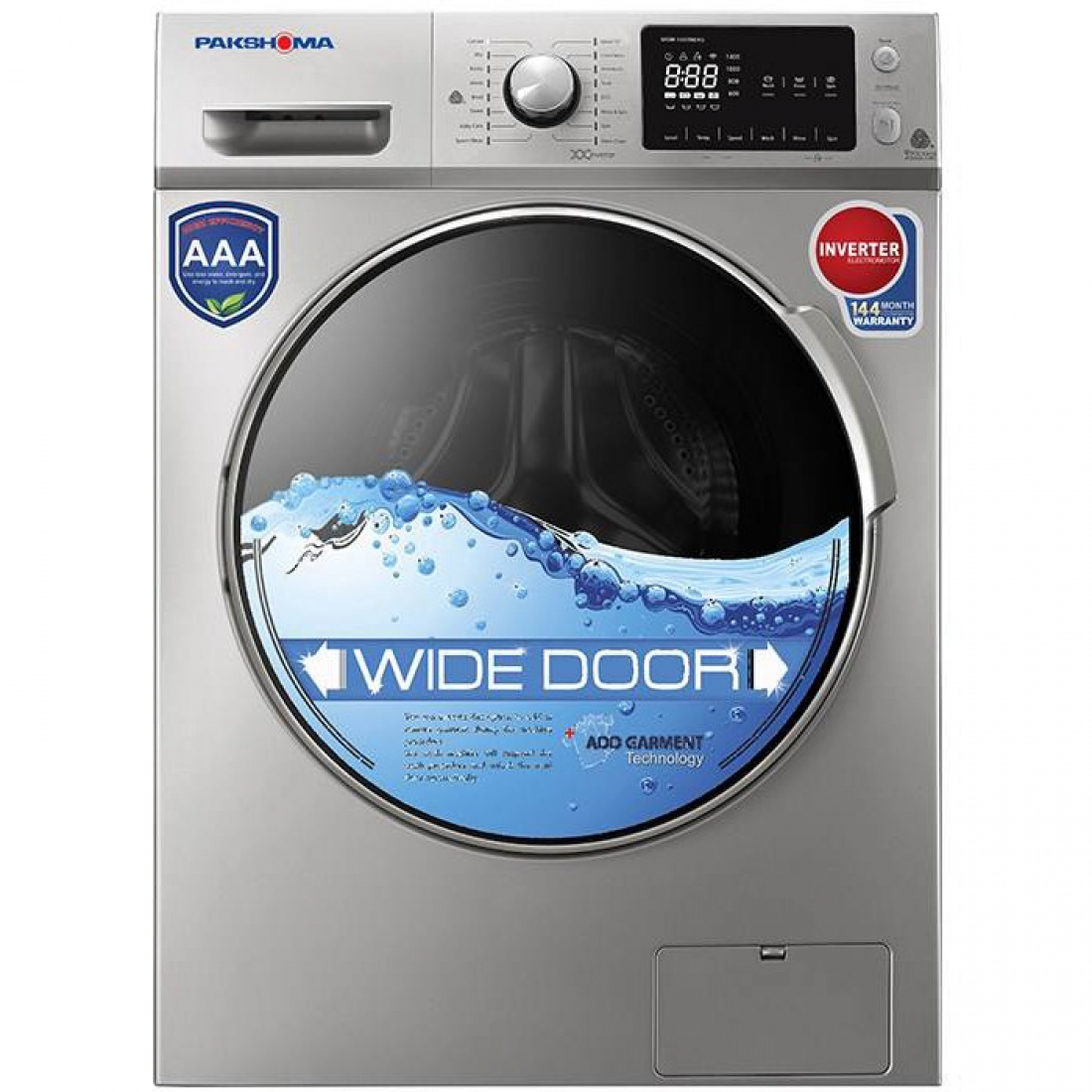In urban and industrial environments, pollutants from car fuels, industries and factories are exposed as aerosols. These particles enter the human body through the respiratory tract and disrupt the activity of the respiratory system.
Introduction
In urban and industrial environments, pollutants from car fuels, industries and factories are exposed as aerosols. These particles enter the human body through the respiratory tract and disrupt the activity of the respiratory system. Pulmonary infections and respiratory disorders are among the consequences of the microcircuits. For this reason, the use of respirator masks has been expanded to prevent contaminants from entering the mouth and nose. Among the most important factors determining the efficiency of the masks are the rate of particle adsorption efficiency and the amount of pressure drop on both sides of the mask during use. The use of nanofibers in the production of respiratory masks enables the absorption of the fine-grained aerosols and increases the efficiency of the mask. By international standards, the use of nanofibers in the production of respiratory masks enables the absorption of very small aerosols up to 99% efficiency and falls into the category of masks in the FFP3 group (the least permeable). Thanks to the layer of nanofibers used in present mask, particles larger than 2 microns are impossible to pass through and thus the respiratory system is protected not only from dust particles but also from cigarette smoke and many viruses and bacteria.
Application
- Polluted air
- Industrial environments contaminated with dust and aerosols
- Protecting the respiratory system against pulmonary infections and respiratory disease
Properties
- It has 6 layers with high filtration capability
- Span band substrate
- With nanometer fibers with a diameter of 25 to 50 nm
- It has an air valve and prevents warm air increasing and exhaling odor
- Breathe comfortably in warm and humid air
- Proper design of the edges of the mask in such a way that it covers the face well and covers the spaces between the mask and the face and particles cannot enter the nose and mouth from this area.
- Color: White-gray-Active
Advantager of using nanotechnology
The use of nanometer fibers with a diameter less 20-50 nm in the second layer of respirator mask has increased efficiency in preventing dust particles from passing and contaminating, according to air cleaner standard number EN 779.
According to Section 2-6 of National Iranian Standard No. 8000-6, this product contains nanofiber and is capable of being placed in the field of nanotechnology.
| Particle Size (µm) |
Efficiency (%) |
| Control sample |
Nanofiber containing mask |
| 0.3 |
5.49 |
15.19 |
| 0.5 |
18.87 |
43.64 |
| 0.7 |
35.28 |
63.34 |
| 1.0 |
49.41 |
73.98 |
| 2.0 |
75.98 |
91.26 |
| 5.0 |
92.47 |
98.18 |
Manual and maintenance
- When not in use, keep it packaged and avoid dust
- Keep away from direct sunlight and humid conditions.

